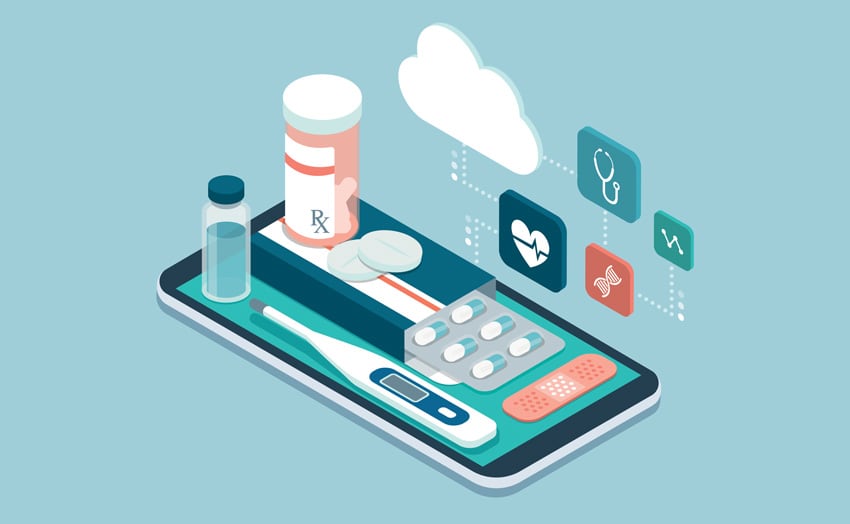Healthcare Informatics and Cross-Functional Collaboration
Over the last decade, healthcare informatics has emerged as one of the fastest growing employment sectors. While the Bureau of Labor Statistics does not include a specific healthcare informatics career path, the Bureau uses the title Medical Records and Health Information Technician as the formal equivalent. The job market for these technicians is expanding (2016-2026) 13 percent faster than average in healthcare. This aligns with other expanding job markets in the healthcare industry such as analytics and information security, and privacy officers. The explosive use of electronically created information, Big Data analytics, and cloud computing have resulted in a significant expansion of the healthcare informatics job market. The ability to use and manage this information in the form of electronic health and medical records is a requirement of the Health Information Technology for Economic and Clinical Health (HITECH) Act and the Patient Protection and Affordable Care (ACA) Acts. In conjunction with privacy laws such as the Health Insurance Portability and Accountability Act (HIPAA), healthcare focused informatics has emerged as means of overcoming issues such as interoperability and electronic health record (EHR) implementation. Crucially, healthcare informatics operationalizes Information Governance frameworks and the maturity models the industry now utilizes emphasize cross-functional collaboration.
Two or more specific definitions of healthcare informatics inform cross-functional collaboration. Both are similar, but have subtle differences that explain the complex issues surrounding patient care teams. First, Saba & McCormick (2015), as quoted in (Sweeny, 2017), define informatics as “the integration of health-care sciences, computer science, information science, and cognitive science to assist in the management of healthcare information” (p. 223). Conversely, the American Nursing Association (ANA) defines nursing informatics as “a specialty that integrates nursing, science, computer science, and information science to manage and communicate data, information, and knowledge in nursing practice” (ANA, 2001).
In a broad sense, informatics is important across the healthcare system. The influx of electronic information allows for accountability and transparency across the organization. The importance of cross-collaboration on patient care and population health cannot be understated, and is informed by informatics-based insights. Most hospitals have disparate communication systems between departments, but leaning into informatics can foster collaboration in the campus-like setting of most hospitals and improve teamwork throughout the organization. Beyond the total patient care model, using cross-collaborative teams is the informatics used to manage other aspects of patient care. For example, patient satisfaction surveys filled out under the premise of a patient as a paying customer are now informatics-based tools. By focusing on preventative medicine, healthcare informatics helps bring the healthcare industry into the 21st century and encourage a shift from treating sick people as a commodity to helping patients stay healthy.
recent posts
You may already have a formal Data Governance program in [...]

